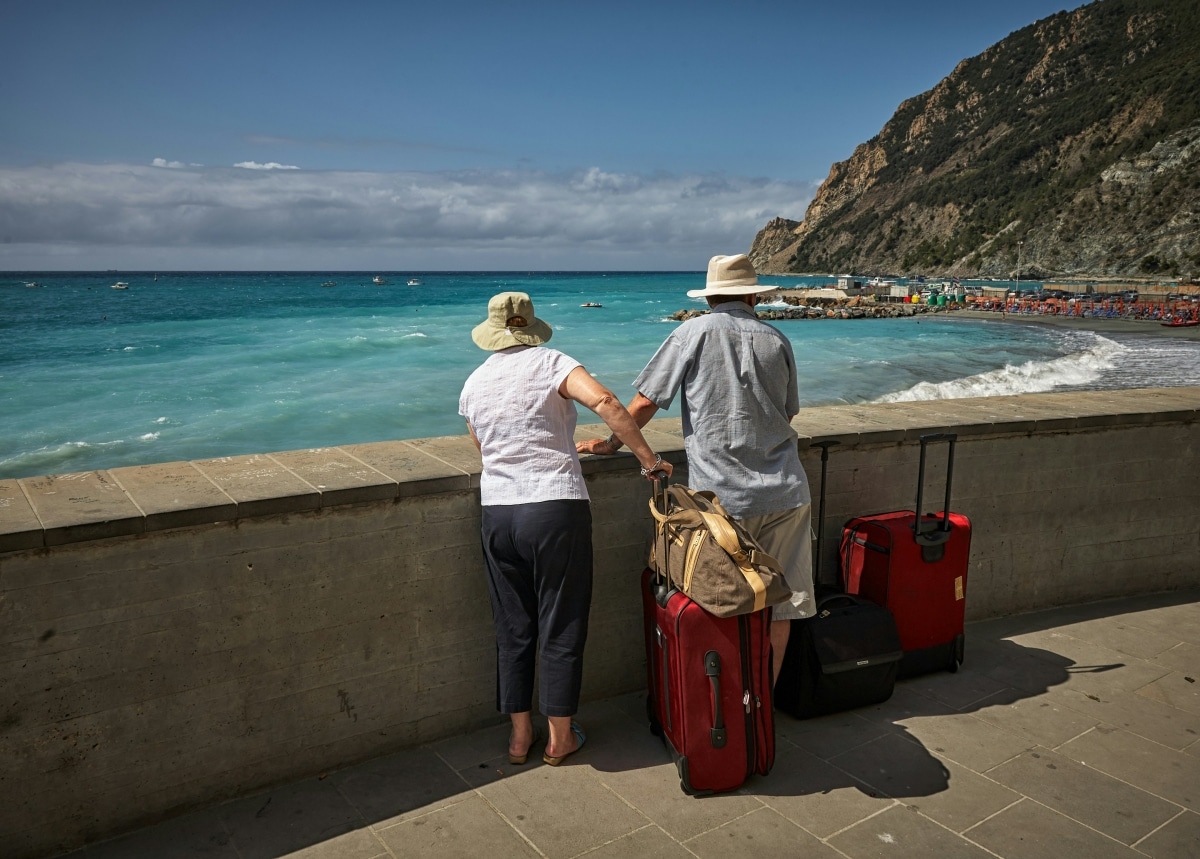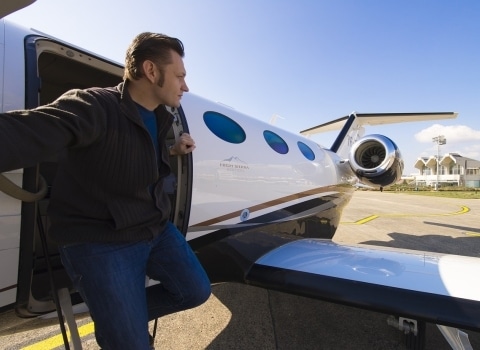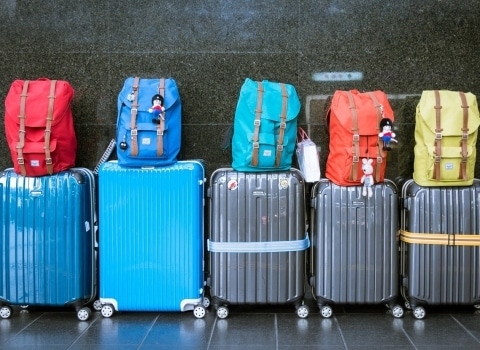A Practical Guide for Diabetic Travelers
Traveling with diabetes takes a bit of forethought. Not to overprepare or restrict the trip—just enough to make things easier, safer. When medication, food habits, time zones, and the odd unpredictable moment are all in the picture, it helps to plan without letting it take over.
According to a 2023 Liligo survey by OpinionWay, 62% of French people were considering summer holidays, and nearly half were thinking of going abroad. For those living with diabetes—over four million in France alone as of 2021—that kind of mobility can mean added challenges. But with a few careful choices, it doesn’t have to become a burden.
It doesn’t take perfection. Just awareness. And a willingness to adjust things a little without letting diabetes call all the shots.

Diabetes and travel habits
It’s often called invisible. The numbers shift quietly, and the symptoms can go unnoticed—until they don’t. When the body starts resisting insulin, glucose builds up. That early stage, prediabetes, isn’t always caught. But it can drift toward type 2 if nothing changes.
Some people might first feel it as a dry mouth that won’t go away, or an odd tingling in their feet. Maybe tiredness that doesn’t make sense, or more frequent bathroom breaks. Those early signs are easy to overlook—but catching them might change how someone eats, moves, or lives. Especially if travel is part of the picture.
A steady diet helps stabilize things. But vacations don’t always come with consistency. There’s more walking, strange meal times, new foods. Which means blood sugar may swing. Recognizing that helps. It doesn’t mean saying no to the trip—just understanding what the body might need along the way.
For anyone diagnosed with type 2 diabetes, there are a few things worth keeping in mind.
How travelers can manage diabetes
Food
France ranks high in Europe when it comes to fast food—third, in fact, with a market valued at 19 billion euros, according to Euromonitor.
Which makes sticking to balanced meals harder than it sounds. Nutritionist Patrick Sérog points out that while it’s tempting to order in or grab something quick, letting go for a few days shouldn’t be seen as a failure. Tasting local dishes is part of the joy of travel. Still, there are ways to balance indulgence. Simple ones. Load up on vegetables when you can. Favor grilled over fried. Look for fruit that isn’t overly sweet.
Some ingredients might even help stabilize things. Avocado, citrus, pomegranate—there’s research suggesting benefits for blood pressure and glucose control. Not magic fixes, but helpful. If red meat finds its way onto the plate, maybe skip the soda. Choose water. Tiny switches like that make a difference.
Exercise
A survey by Ordnance Survey found that most adults don’t hit their 10,000 steps every day—but nearly two-thirds had picked a travel destination just to walk it. Another 19% had taken actual walking holidays.
On the road, walking often comes naturally. The scenery helps. So does curiosity. Which works well for diabetes management, as long as it’s paced. Movement can help regulate weight and sugar levels, and regular walking, even just during the trip, can kickstart long-term habits.
That said, too much activity—especially on hot days or during strenuous tours—can drop glucose levels sharply. Fatigue might set in without warning. Or worse, dizziness. So it’s important not to disappear without notice. Always let someone know where you’re headed, especially when alone. As noted in our article on travel safety tips, small precautions like this can change outcomes.
Travel Tips
Diabetes doesn’t take a break. So yes, the medications follow—especially insulin. Best to carry more than needed, just in case. Keep it close. And cold, if required.
Insurance can be another quiet safety net. Only about half of French international travelers buy it, but for someone managing a chronic illness, it’s not just paperwork. It could be a lifeline. Know where the nearest hospital is. Have the address saved. The number too.
Travel plans shift. Delays happen. And routines dissolve. But even a loose framework helps. A rough schedule. Familiar mealtimes. It’s not about rigidity—it’s just a way to reduce the unknowns.
Having diabetes adds a layer to travel. Not a wall, though. More like a filter. The trip can still be beautiful. Unpredictable. Delicious. All of it remains possible—with just a bit of foresight.








One Response
Thanks so much for covering this topic. Diabetes is a daily battle for millions and I definitely understand. I really appreciate your travel tips!